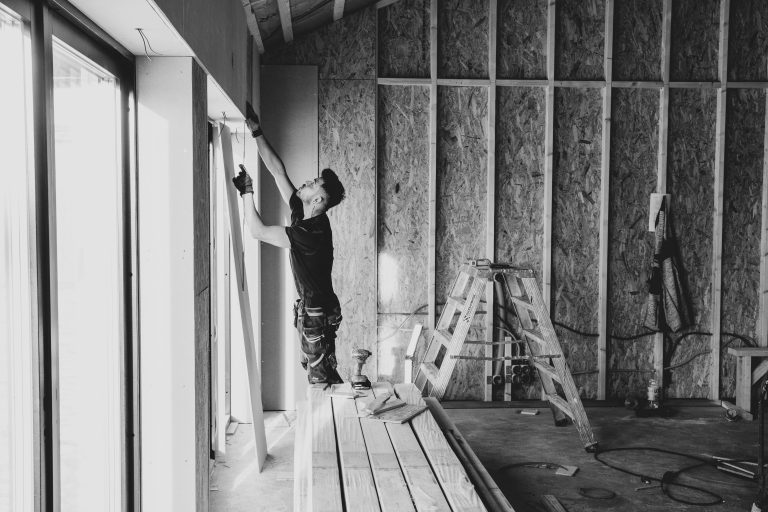Should You Buy Down Your Interest Rate? What to Know Before You Decide
Mortgage rates are still higher than many buyers would like, and that has more people asking about buying down their interest rate. The idea is simple: pay more upfront to get a lower monthly payment. But like most things in real estate, it is not that simple in practice.
I recently came across a story from a homebuyer in California who was quoted a 7% interest rate on a $550,000 loan. Their estimated monthly payment, after taxes and home owners association fees, was nearly $4,600, this is well above what they felt affordable for them. Their loan officer advised them not to buy down the rate and instead refinance in a year or two when the rates come down. But when they ran the numbers, paying $15,000 to lower the rate to around 5% would have reduced their monthly payment by nearly $1,000.
So what is the right move?
Understanding What a Buy Down Actually Is
When you buy down your interest rate, you pay points upfront to get a lower rate. One point usually costs one percent of your loan amount and might lower your interest rate by about 0.25%, but that can vary by lender and market.
This is not a one-to-one trade. You cannot pay 7% of your loan to get your rate down from 7 to 0. The math does not work like that. And buying down by a full 2%, going from 7% to 5% could cost well over $40,000 depending on your loan size.
That is why it is critical to ask your lender for an actual breakdown of how many points you would need to pay and how much it would lower your monthly payment. Do not rely on general advice or internet calculators. Get the numbers.
When Buying Down Your Rate Might Make Sense
Buying down your rate can make sense if:
- You plan to stay in the home for many years
- You have extra cash available after your down payment and emergency savings
- You want to reduce your monthly payment now rather than hoping rates drop later
- You are confident you will not refinance or move in the short term
This is especially relevant for FHA buyers, who often put as little as 3.5% down and are not always planning to refinance quickly. If you are buying at your financial limit, that lower payment might be the key to long-term stability.
When It Might Not Make Sense
It might not be the right choice if:
- You expect to refinance soon
- You are short on cash
- The breakeven period is too long
- You are likely to sell or move within a few years
For example, if it takes 7 or 8 years to break even on the upfront cost, and you are thinking of moving in 5, that money would have been better used to reduce your principal or kept in savings.
The Risk of Waiting for Rates to Drop
Many lenders and buyers are banking on the idea that rates will fall soon, making refinancing a better option than buying down. But the truth is, no one knows what the market will do. Interest rates are driven by inflation, employment, and global economics, not just what the news cycle says.
You need to base your decision on today’s math and your current situation. If the monthly payment at today’s rate is not sustainable for you, you might need to explore other options like:
- Looking at less expensive homes
- Increasing your down payment
- Considering a shorter loan term
- Exploring an adjustable rate mortgage with caution
What I Recommend
I always tell buyers to have their lender run the numbers for both options: with and without the buy down. See the monthly difference, then calculate the breakeven point. How many months will it take for that upfront cost to pay for itself through savings?
After that, talk to your real estate agent. A good agent can help you look at the bigger picture. Are there ways to negotiate with the seller to cover the buy down? Could you offer less on the purchase price instead?
Finally, if the monthly payment is not workable today, you need to stop and reassess. You should never buy a home based on what you hope might happen with interest rates down the line. Hope is not a strategy.
Final Thoughts
Buying down your mortgage rate can be a smart move but only when you understand the numbers and how long you plan to stay in the home. It is not a one-size-fits-all solution, and it is not always worth the cost.
Work closely with your lender and real estate agent to explore your options. And if you are not sure who to trust, I am happy to connect you with professionals who will give you straight answers and help you make the decision that is right for you.







